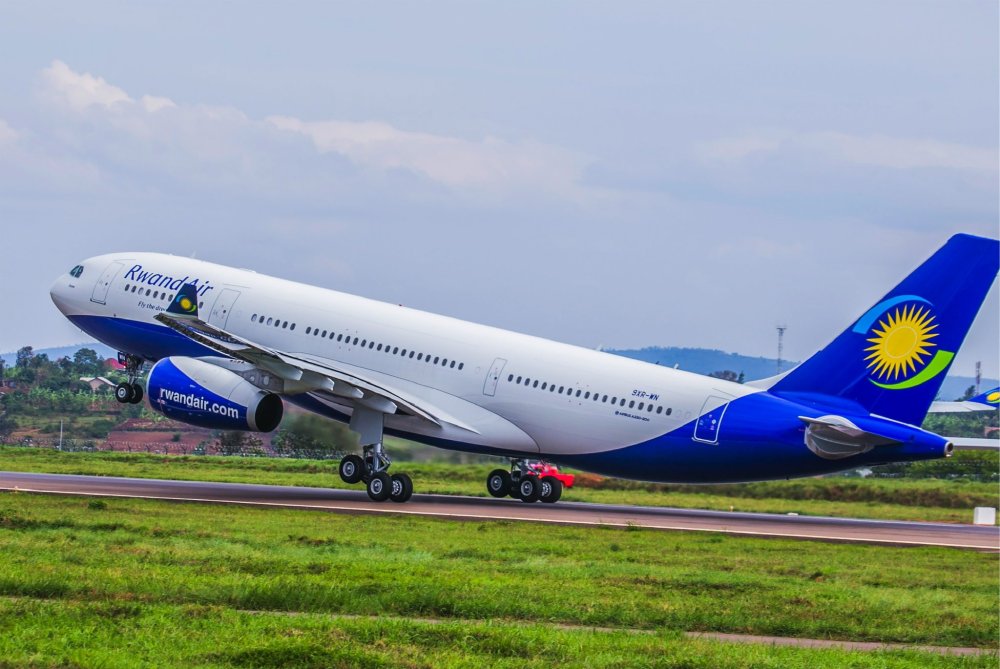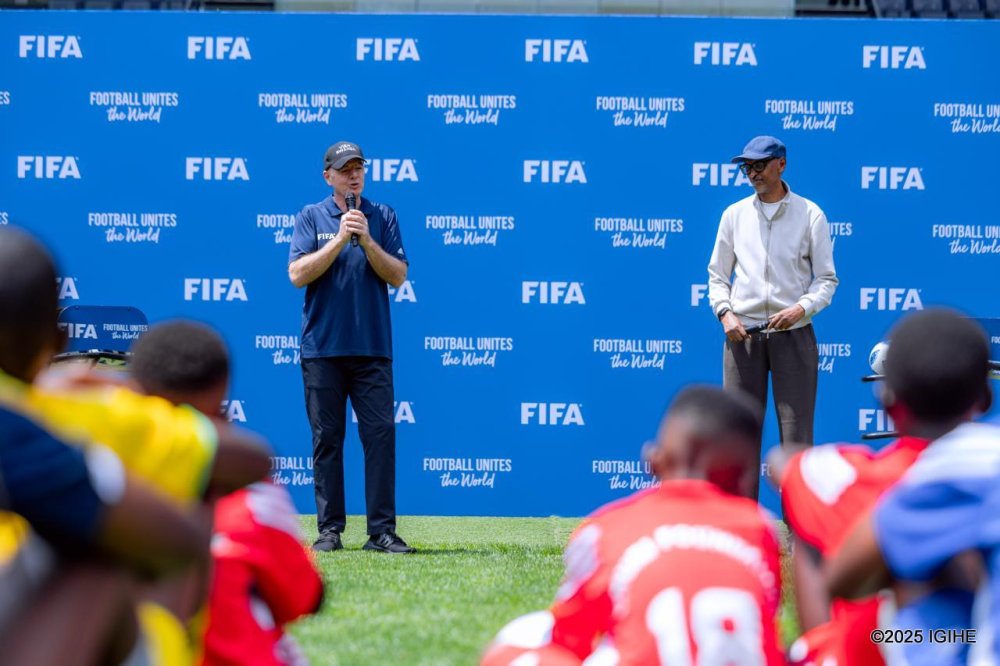As Rwanda continues to grow and develop, the country is also putting a lot of effort into protecting the environment and fighting air pollution. This is very important because climate change often brings serious problems. In Rwanda, some of the steps taken to reduce air pollution include using electric cars and motorcycles. The government has also set a goal for its people to start using cooking fuels that are safer for the environment, such as gas, biogas, or electricity, instead of firewood and charcoal.
On August 4, 2025, the Rwandan Senate held a meeting to discuss the challenges the country is facing. During this meeting, several leaders were invited to explain how they plan to solve these problems. One of them was the new Prime Minister, Dr. Nsengiyumva Justin. He was asked to explain how the government plans to help people stop using cooking materials that pollute the air, especially firewood and charcoal, which are still widely used in the country.
This discussion came after the Senate received a report from the Commission for Economic and Finance Development. The report showed the results of the seventh national household survey (EICV7), which found that only a small number of households in Rwanda use clean cooking fuels. In 2025, only 5.4% of households were using gas, biogas, or electricity. This is still very low, even though it has increased from just 1% in 2017.
The study, which was based on data from over 15,000 households, revealed that more than 94% of Rwandans still rely on fuels that pollute the air and damage the environment, such as firewood, charcoal, and crop waste. In the city of Kigali alone, 59% of households cook with charcoal, 17% still use firewood, and only 23% use gas, biogas, or electricity. At the national level, 75% of households use firewood, 19% use charcoal, 0.6% use crop waste, and just 5.4% use gas, biogas, or electricity.
After reviewing this report, the senators expressed serious concerns about the harm caused to the environment by these cooking practices. They said that the situation requires strong actions to reduce the number of people still using fuels that damage the air and the environment. That’s why the Prime Minister was invited to explain clearly what the government is planning to do. If the senators are not satisfied with his explanation, they may ask him to write down the full details to help them better understand the government’s strategy.
Even before this Senate meeting, the Ministry of Environment had explained that Rwanda still has a long road ahead. The country aims to reduce the number of people using firewood for cooking to 49% by the year 2030. However, to reach this target, Rwanda will need a large amount of money—around 1.37 billion US dollars.
While working toward that goal, the government is also helping people find better ways to cook by providing improved stoves that use less firewood. The Ministry said that some residents across different provinces have already started receiving these stoves. In the 2025–2026 financial year, more than 100,000 stoves will be distributed, and by 2029, the number is expected to reach over 800,000.
Besides clean cooking, Rwanda is also taking steps in other areas to protect the environment. The country is working to reduce the number of vehicles that use petrol, increase tree planting, reduce factory smoke, build terraces to prevent soil erosion, and create water drainage systems to protect hills and infrastructure from damage. Rwanda is also making efforts to stop construction in forests and on hillsides, along with many other activities meant to safeguard the environment.
These efforts show Rwanda’s strong commitment to protecting nature and ensuring a cleaner, healthier future for all its people.




Post Comment